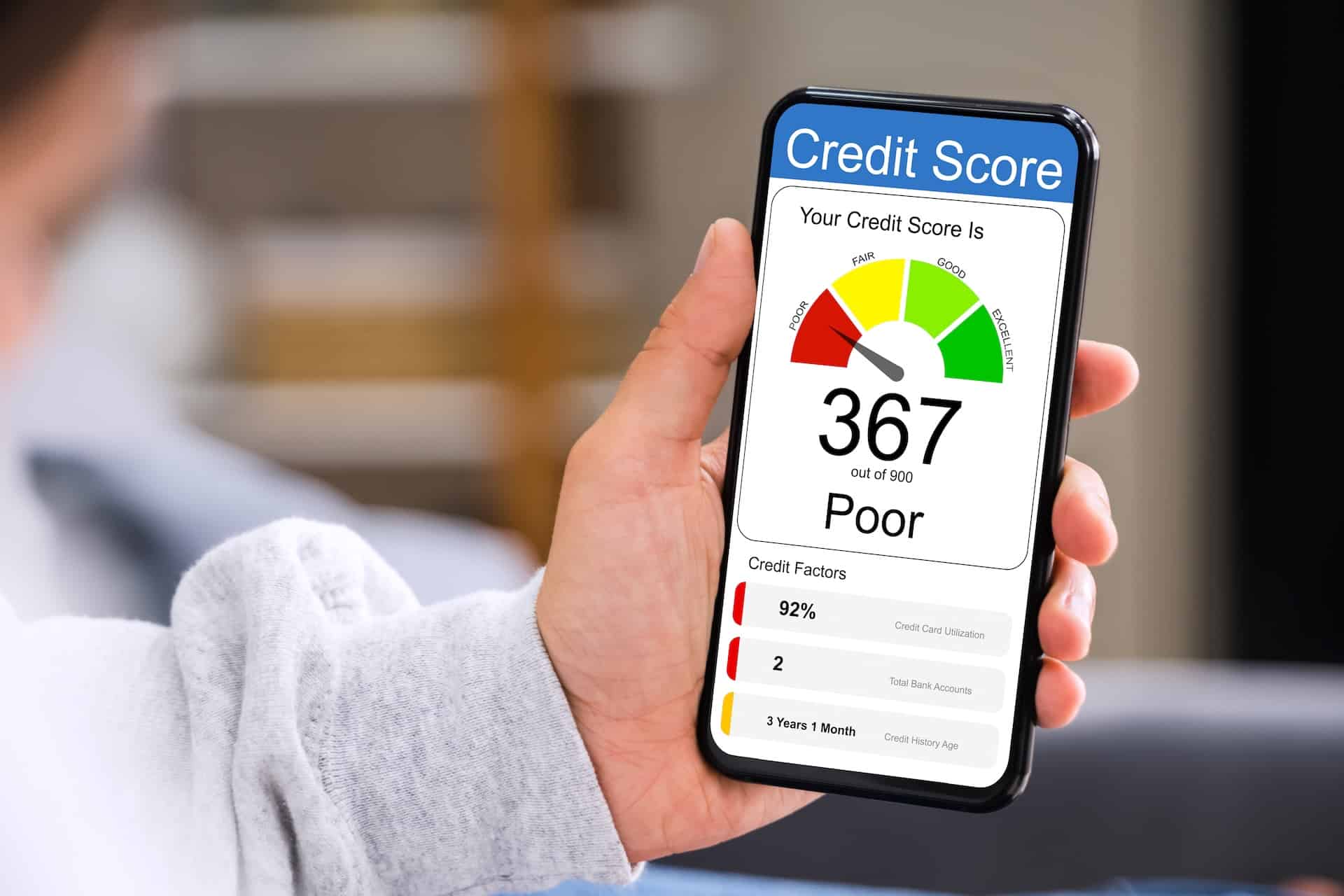Updated March 25, 2020 to include home and auto loans.
- The Federal Reserve has cut interest rates to nearly zero, leaving many questions about the impact on consumer debt.
- Learn more about the potential impact on your home loans, credit card balances, student loans, auto loans, and more.
The Federal Reserve cut interest rates to nearly zero Sunday, March 15, as part of an emergency move to stimulate the economy during the coronavirus pandemic. The federal funds rate is the rate banks pay to borrow money overnight, and banks pass those savings on to consumers when they borrow. By making borrowing as cheap as possible for Americans, the purpose of this move is to provide access to nearly interest-free cash for consumers and businesses to invest and spend.
There are a lot of questions about what this means for your current debt and how you should take advantage, so we’ve provided more information on how each is impacted and refinancing options:
Home Loans: A popular question right now is whether or not you should refinance your home loan during this time. If you are considering refinancing, you should reach out to your lender now to get the process started. Many of the larger national mortgage lenders are currently inundated with refinance applications, so it may take months before your application to be reviewed and processed. While the interest rates on home loans have increased the past couple of weeks due to high demand, they will likely go back down. If you have already started the process, you will be in the queue for when the new lower rates hit.
Credit Card Debt: This is good news for your credit card debt. Interest rates on your debt will be lower soon, and you should see your rate automatically change in the next one or two billing cycles. Consumers with a recent history of paying accounts as agreed may want to consider transferring credit card balances to a new 0% introductory APR balance transfer credit card to save on finance charges. (If you’d like to see options for balance transfers, you can learn more here.)
Student Loans: On Friday, March 13, President Trump said the government would stop charging interest on federal student loans immediately as part of the relief measures related to the coronavirus pandemic. The Fed’s rate cut doesn’t directly affect borrowers who have already left school and are paying off their loans. Instead, those who plan to take out student loans for the upcoming 2020-2021 academic year will get rates that are nearly record lows. This does not apply to loans from a private lender.
Auto Loans: When it comes to refinancing, it can be easy to overlook the asset that is sitting in your driveway. You might be able improve your cash flow by refinancing your car loan at a lower rate, a longer term, or both. For example, Credit Sesame auto refinance partner, Caribou, is currently offering rates as low as 1.99% to the best qualified consumers, which could save you, on average, about $100 a month on your car payment.
Personal Loans: Personal loans can be a great way to consolidate debt and save on interest as they often carry a lower interest cost than credit cards. Be advised that some personal loan lenders are getting nervous about economic conditions so it may make sense to move quickly if you could save money with a personal loan. Some personal loan lenders are currently advertising rates as low as 7% APR range for the best qualified consumers. (If you’d like to see options for personal loans, you can learn more here.)
We’re hopeful that this information can help inform your refinancing decisions at this time. It is important to remember that when refinancing or applying for new lines of credit, lenders will pull a hard inquiry, which could temporarily have a negative impact on your credit score. However, being approved can have a positive impact on your score by improving your credit utilization and account mix. Be sure to weigh your options and your approval odds before making any decisions.
Please let us know if you have any other resources to include in the comments below. In the meantime, Credit Sesame can be a free valuable resource to help you monitor your finances during these uncertain times. And most importantly, please stay safe and healthy.
Disclaimer: You can trust that we maintain strict editorial integrity in our writing and assessments; however, we receive compensation when you click on links to products from our partners and get approved. This blog article is for informational purposes only and should not be relied on as financial advice. Although reasonable efforts have been made, we do not guarantee the accuracy of the information presented.




















